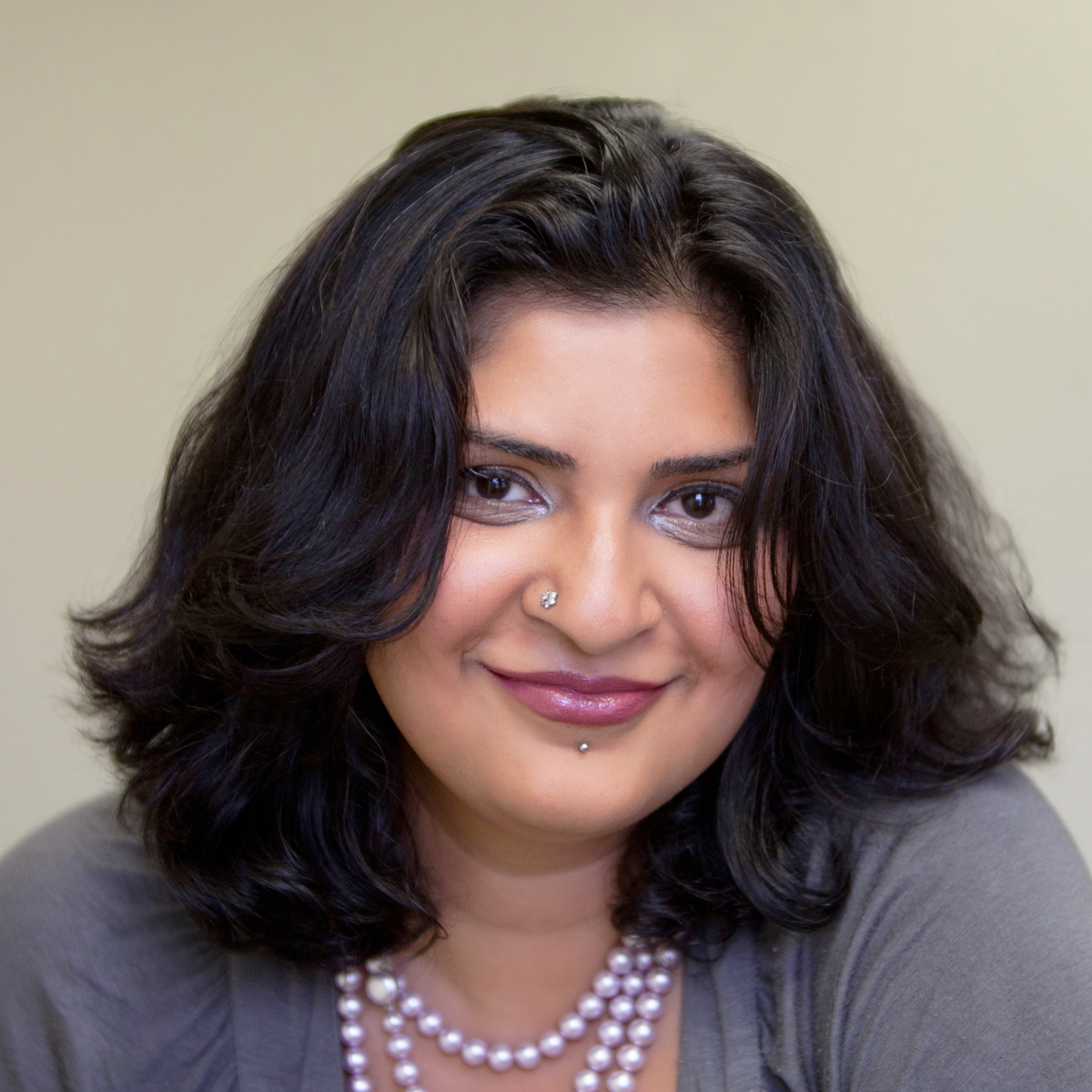How this youth council is helping queer Muslims

Our government has a way of minimizing its destructive influence on the minorities of this nation by convincing us that we’re the problem—that we’re all out to get each other and everyone else—so we lose focus on the systemic oppression inflicted upon us by our highest-ranking officials and start to point fingers at each other, until we reach mutually assured destruction.
Take, for instance, the Muslim and LGBTQ+ communities in the United States. Both of these communities are marginalized in our conservative Christian society, and as such are pitted against each other. Urooj Arshad, founder of the Muslim Youth Leadership Council, told the FBomb that she believes the U.S. government is “bigoted towards the LGBT and Muslim communities, but tries to use the LGBT community as a proxy to advance islamophobia.”
For example, Trump’s travel ban would deny Muslims entry into the U.S. if they support the death penalty for LGBTQ+ people. While it’s great that the government would seemingly like to protect the queer community from extreme homophobia, there is conveniently no political system in place that penalizes Christians or other non-Muslim American communities for the same extreme homophobic values.
The political rhetoric that uses Muslims as scapegoats for fear that should be directed elsewhere has clearly impacted the LGBTQ+ community. Some LGBTQ+ people have aligned themselves with the Islamophobic values of Trump (Gays for Trump) even though our homophobic president has blatantly stated that he opposes same sex marriage. This misplaced fear is likely fed by distortion of news stories—such as FBI director Comey’s portrayal of the perpetrator of the Pulse night club massacre as an “Islamic terrorist.” While a white man who inflicted pain on the LGBTQ+ community would simply be called a terrorist, this perpetrator’s religion was tied to the word. This implied that simply following the Islamic faith instigated this tragedy, when in fact, the perpetrator was actually in the closet—a more notable and probable motivation for his violence, given the nature of his crime.
This persistent ignorance about Islam and widespread Islamophobia is exactly why Arshad, with the support of Nimra Chowdhry, created the Muslim Youth Leadership Council in November. While other Muslim-focused activist organizations have worked to bridge the mainstream Muslim community with American culture at large, the myLC has sought to empower some of the most marginalized members of their already maligned group: LGBTQ+ Muslims. Situated as part of the greater Muslim Youth Project, the myLC acknowledges this intersection of identity that is often overlooked and invalidated. Arshad, a queer Muslim herself, told the FBomb that the myLC aims to “create strong leadership among Muslim youth and organize around local and national programs and policies that support LGBT and immigrant Muslims, while pushing back on the culture of Islamophobia that demonizes Muslims under the guise of ‘protecting’ the LGBT people from Muslims.”
Many non-Muslim Americans and Muslim Americans alike are critical of queer Muslims. Some non-Muslim Americans because Islam is “oppressive” to homosexuality; for example, a University of North Carolina Wilmington professor became the subject of national controversy when he tweeted, “Just got an email from a queer Muslim. If you choose a religion bent on executing you nothing you say could be intelligent. Deleted/blocked.” Meanwhile, some Muslims believe homosexuality infringes on one’s dedication to Islam. For example at the Islamic Society of North America conference in July of this year, the Human Rights Campaign and Muslims for Progressive Values exhibited a booth at the event to discuss LGBT rights and gender equality in the context of Islam. They were asked to leave by a director of the conference because of the “literature [they were] advocating.”
Along with tackling the lack of awareness about queer Muslim intersectionality, the myLC also focuses its attention on gender equality—another issue that the mainstream media often frames as opposed by Islam. By training over 300 youth activists, the council strives to raise awareness about the value of sexual and reproductive health rights in the Muslim community as well as to create safe spaces for Muslim women to talk about sexual assault.
This fall, a team of 15 committed and passionate Muslim youth will have a conference in Washington, D.C., to discuss and plan actions around issues of sexual and reproductive health, LGBTQ+ equality, and immigrant rights within the context of the Muslim community. Most of the plans created will be centered on educating and providing resources for college campuses, as millennials are the target demographic of the group’s work. The council anticipates increasing the capacity for at least 100 Muslim youth serving professionals to provide safe spaces and relevant, informed sexuality education.
Ultimately, both Muslims and non-Muslims need to do a better job of providing support and validation to the queer community, Muslim community, and all other marginalized communities. We can therefore all support the broader efforts of this organization in our own day-to-day activism by making sure to give voice to those whose identities are marginalized and who are framed by the media in a way that only exacerbates their oppression.
To learn more about the Muslim Youth Leadership Council, visit https://www.facebook.com/Advoc
To take action, visit: http://www.advocatesforyouth.org/policy-and-advocacy/take-action-for-change?task=view
More articles by Category: Religion
More articles by Tag: Activism and advocacy



























